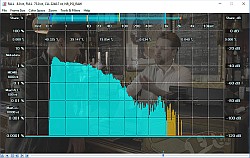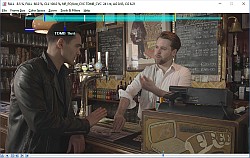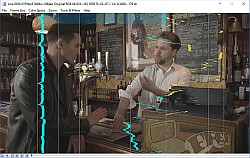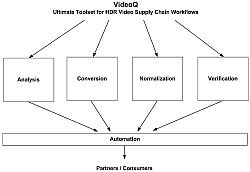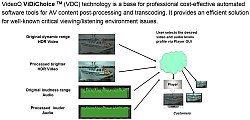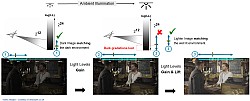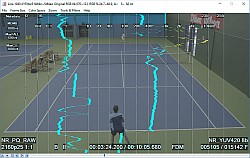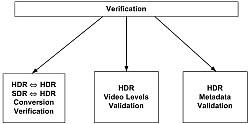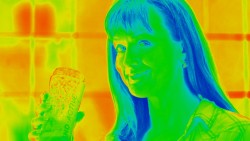VideoQ HDR Tools & Technologies
Unified HDR Reference White - VideoQ Proposal
Clearing the way to open HDR workflows - VideoQ Presentation
HDR & SDR: Long Live Peaceful Coexistence!
Dynamic Range Conversion – Necessity & Options:
VideoQ Products with HDR support:
Mixed HDR / SDR environment requires software and hardware engines for verification, auto-enhancement , up-, down-, and cross- conversion within and/or between all HDR / SDR formats and color spaces .
VQC – HDR-SDR video data dynamic range conversion command line tool
VQV – HDR / SDR Multi-format Media Files Viewer/Player/Analyzer/Converter
VQMP – Advanced QA/QC Media Player compatible with VQV Viewer-Analyzer
VQPT – VideoQ Productivity Tools, suite of analysis and processing software modules
VQL – Comprehensive Library of sophisticated Test Patterns and Sequences
Ultimate Toolset for HDR-SDR Video Supply Chain Workflows:
1. HDR / SDR Video & Light Levels Analysis software tools.
They run in the cloud or on regular workstation computer and measures media files in a variety of files formats at the workflow input, output and intermediate points.
These modules generates uniformly structured machine-readable JSON reports and human-readable plots, containing the media package technical parameters, such as media format info, signals and light levels distributions, timeline profiles and clip segmentation parameters.2. Dynamic Range & Color Gamut Converter (Up, Down, Across) software tool.
3. HDR / SDR & HDR to SDR Video Volume Normalizer software tool.
This module applies VideoQ proprietary Color Vectors Correlation™ (CVC) algorithm.
4. HDR / SDR Media Files QC Player with built-in video data and metadata analyzers.
It allows human operator to do spot checks of HDR video content for QC and troubleshouting purposes.
This tool is pivotal for HDR content and HDR metadata validation and verification.
5. Set of Static & Dynamic HDR Test Patterns.
The HDR / SDR test pattern media files played out by VideoQ or 3rd party generator sent thru the transmission / transcoding / processing / display chain under test in a variety of formats with or without the corresponding metadata.
Unique sophisticated test patterns design, in combination with easy-to-use at-glance evidence approach, increases testing / benchmarking speed and provides for reliable results
The resulting subjective image quality is assessed at the relevant test points by a skilled operator or not so skilled user.
The test patterns also serves for calibration, validation and objective measurement of HDR chain parameters; the objective measurement requires the appropriate tools, such as VideoQ Player-Analyzer.


